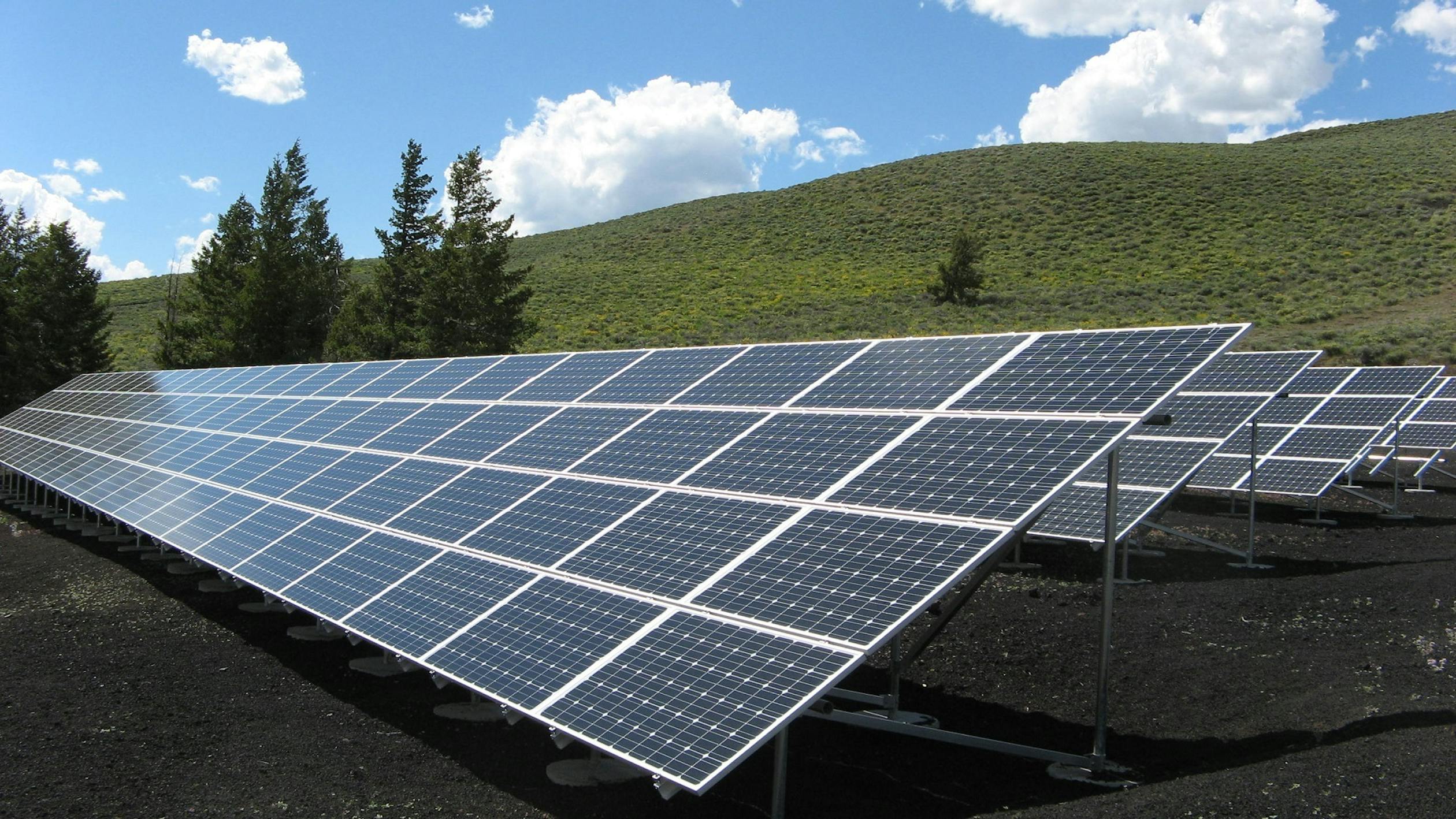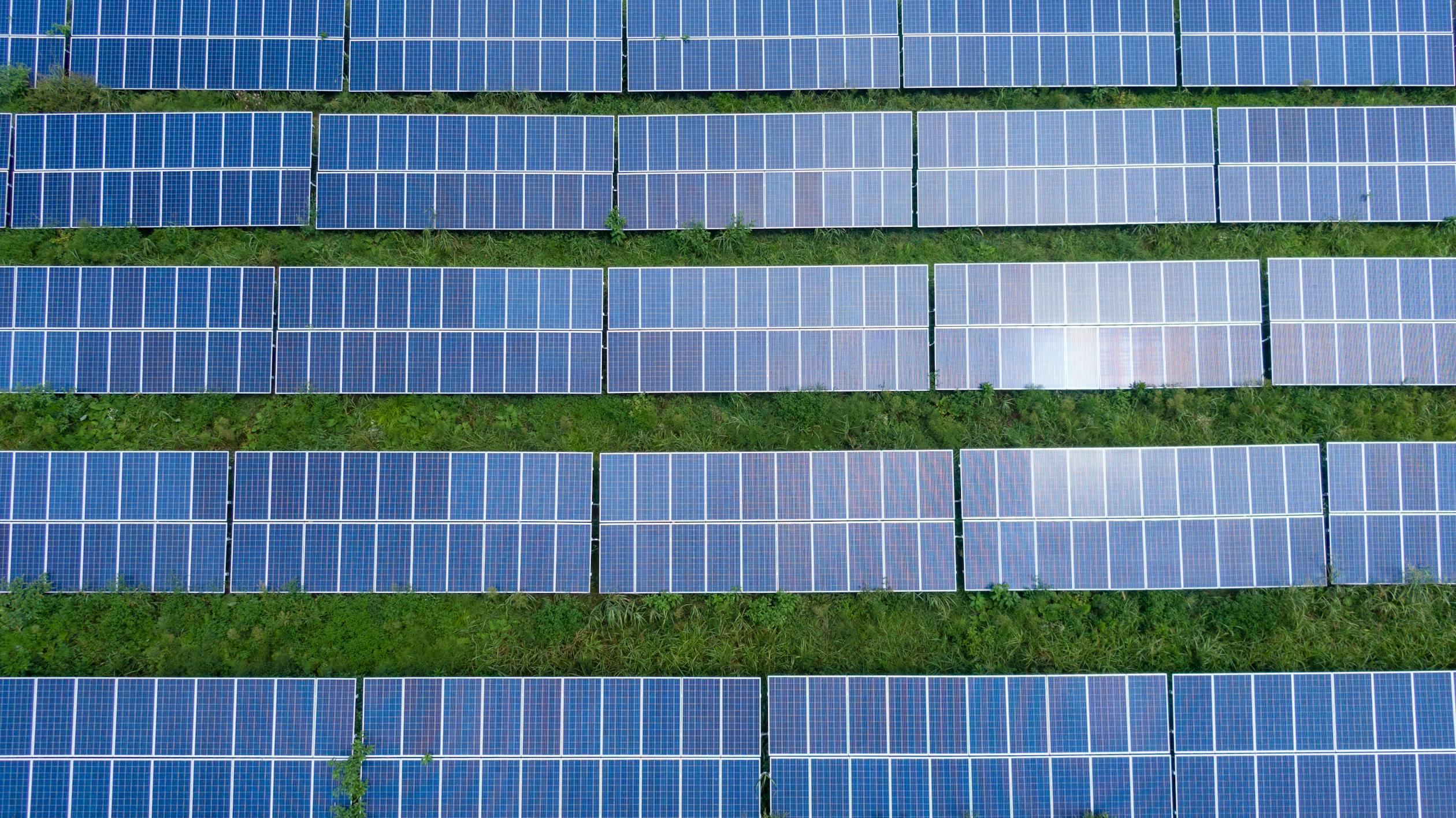UK Government Solar Panel Scheme
Comprehensive guide to all available government schemes, grants and incentives for solar panel installation across the United Kingdom.

Available UK Government Solar Panel Schemes in 2025
The UK government offers several schemes and incentives to encourage homeowners to adopt solar energy. Understanding all the available options can help you maximize your benefits and savings.
Energy Company Obligation (ECO4) Scheme
The ECO4 scheme is the fourth iteration of the Energy Company Obligation, running from April 2022 to March 2026. It requires large energy suppliers to fund energy efficiency improvements for eligible households, with a focus on helping those in fuel poverty and with low incomes.
Under ECO4, eligible homeowners can receive fully funded or heavily subsidized solar panel installations. The scheme primarily targets properties with poor energy efficiency ratings (EPC D, E, F, or G) and households receiving certain benefits or meeting specific vulnerability criteria.
To qualify for free solar panels through ECO4, homeowners typically need to be receiving benefits such as Universal Credit, Pension Credit, or Child Tax Credit, or meet other criteria such as having a low household income or living in an area designated for support.


Smart Export Guarantee (SEG)
The Smart Export Guarantee (SEG) replaced the Feed-in Tariff (FiT) scheme and came into effect on January 1, 2020. Under this scheme, energy suppliers with over 150,000 customers must offer export tariffs to homeowners who generate renewable electricity, including from solar panels.
The SEG ensures that solar panel owners are paid for the surplus electricity they export back to the grid. Unlike the previous FiT scheme, which had fixed rates set by the government, SEG rates are determined by individual energy suppliers, creating a competitive market.
Current SEG rates typically range from 1p to 15p per kilowatt-hour (kWh), depending on the supplier and tariff type. Some suppliers offer fixed rates, while others provide variable rates that fluctuate with market conditions. To benefit from the SEG, you'll need a smart meter that can measure exported electricity.
All homeowners with solar panels can benefit from the SEG, regardless of income or property type, making it an important additional financial incentive for anyone considering solar installation.
0% VAT on Energy-Saving Products
In April 2022, the UK government announced a significant tax break for homeowners installing solar panels and other energy-saving technologies. VAT on the purchase and installation of solar panels has been reduced from 5% to 0% until March 2027.
This tax exemption applies to solar panels, heat pumps, and home insulation products installed in residential properties across England, Scotland, and Wales. It represents a substantial saving of hundreds or even thousands of pounds on solar panel installations.
The 0% VAT rate applies to both the solar panels themselves and the installation costs, as long as they are installed by a VAT-registered installer. This initiative makes solar energy more affordable and accessible to all homeowners, regardless of whether they qualify for other grant schemes.
Combined with the rising costs of grid electricity and the benefits of the Smart Export Guarantee, this VAT exemption significantly improves the return on investment for solar panels, with many systems now paying for themselves in 7-10 years rather than 12-15 years.


Local Authority and Regional Schemes
In addition to nationwide initiatives, many local authorities and regional bodies across the UK offer their own solar panel grants and schemes to support residents. These programs vary by region and often target specific demographics or property types.
Some local councils provide grants through the Home Upgrade Grant (HUG) scheme, which focuses on energy efficiency improvements for low-income households not connected to the gas grid. Others operate their own sustainability funds or partner with community energy projects to make solar more accessible.
Regional initiatives may include bulk-buying schemes where residents can purchase solar panels at discounted rates through council-organized group purchasing, or innovation projects testing new approaches to community energy generation and storage.
To discover what local schemes are available in your area, we recommend checking your local council's website, contacting their sustainability or energy team, or speaking with our advisors who stay up-to-date on regional opportunities across the UK.
Benefits of the Government Solar Panel Scheme
The UK government's solar panel scheme offers numerous advantages for homeowners. From significant cost savings to environmental benefits, here's why you should consider applying.
Reduce Energy Bills
Save up to £800 per year on your electricity bills with solar panel installation.
Government Funding
Access grants covering up to 100% of installation costs through ECO4 and other schemes.
Increase Property Value
Homes with solar panels typically sell for 4.1% more than comparable properties.
Reduce Carbon Footprint
Typical installation saves 1.3-1.6 tonnes of carbon per year - equivalent to planting 30+ trees.
Energy Independence
Generate your own clean electricity and reduce reliance on fluctuating energy prices.
25+ Year Lifespan
Modern solar panels are durable and efficient, providing decades of clean energy.
How to Choose the Right UK Government Scheme
With multiple government schemes available, it can be challenging to determine which one is right for your specific circumstances. The optimal approach often involves combining several incentives to maximize your benefits and savings.
For low-income households or those receiving qualifying benefits, the ECO4 scheme typically offers the most substantial support, potentially covering the entire cost of solar panel installation. This is particularly beneficial for properties with poor energy efficiency ratings that would benefit significantly from renewable energy.
Homeowners who don't qualify for ECO4 can still benefit from the 0% VAT rate, which provides significant savings on the upfront costs of installation. When combined with the Smart Export Guarantee, this improves the long-term return on investment and reduces the payback period.
It's also worth investigating local authority schemes in your area, as these can sometimes offer additional grants or discounts that can be used alongside national incentives. Some regions have particularly generous offerings depending on local sustainability goals and funding availability.
The best way to determine which scheme or combination of schemes is right for you is to speak with our specialist advisors. We'll assess your individual circumstances, property, and location to recommend the most beneficial approach and handle the application process on your behalf.
Scheme Selection Guide
Low-Income Households
If you receive benefits or have a low income, prioritize checking your eligibility for the ECO4 scheme for fully funded installation.
Homeowners with Savings to Invest
Take advantage of the 0% VAT rate and focus on maximizing SEG returns by choosing a supplier with competitive export tariffs.
Properties with Poor EPC Ratings
ECO4 specifically targets homes with EPC ratings of D or below, making this your best option if your home has poor energy efficiency.
Rural Properties
Investigate the Home Upgrade Grant (HUG) through your local authority, which targets properties not connected to the gas grid.
Application Timeline
- 1 Initial Eligibility Check
Completed within 24 hours of your enquiry
- 2 Property Assessment
Scheduled within 7-14 days
- 3 Scheme Application
Submitted within 3-5 days after assessment
- 4 Approval Process
Typically 2-4 weeks depending on scheme
- 5 Installation
Scheduled within 2-3 weeks of approval
Solar Panel Cost Comparison
See how different government schemes impact the cost of solar panel installation and the potential savings over time.
| Scheme | Average 4kW System Cost | Homeowner Payment | Annual Saving | Payback Period |
|---|---|---|---|---|
| No Scheme | £6,000 - £8,000 | £6,000 - £8,000 | £600 - £800 | 8-12 years |
| 0% VAT Only | £6,000 - £8,000 | £5,000 - £6,700 | £600 - £800 | 7-10 years |
| 0% VAT + SEG | £6,000 - £8,000 | £5,000 - £6,700 | £700 - £950 | 6-8 years |
| Local Authority Grant | £6,000 - £8,000 | £3,000 - £5,000 | £700 - £950 | 4-6 years |
| Partial ECO4 Funding | £6,000 - £8,000 | £1,500 - £3,000 | £700 - £950 | 2-4 years |
| Full ECO4 Funding | £6,000 - £8,000 | £0 | £700 - £950 | Immediate |
Note: Figures are approximate and will vary based on your property, location, and energy usage. Annual savings include both reduced bills and SEG payments where applicable.
Frequently Asked Questions
Get answers to common questions about the government solar panel scheme and the installation process.
What is the government solar panel scheme?
The government solar panel scheme refers to various initiatives and grants offered by the UK government to encourage homeowners to install solar panels. These include the ECO4 scheme, the Smart Export Guarantee (SEG), and reduced VAT rates on energy-saving products.
Am I eligible for a free solar panel installation?
Eligibility for free or heavily subsidized solar panels typically depends on factors like your property type, household income, energy efficiency rating, and whether you receive certain benefits. Homeowners with low household income or those receiving benefits like Pension Credit, Universal Credit, or Child Tax Credit may qualify for free installation through the ECO4 scheme.
How much can I save with solar panels?
The average UK household can save £300-£800 per year on electricity bills with solar panels. Savings depend on factors like your energy usage, location, solar panel system size, and the direction your roof faces. Additionally, you may earn money from selling excess electricity back to the grid through the Smart Export Guarantee.
How long does the installation process take?
Most residential solar panel installations take 1-2 days to complete, depending on the system size and roof complexity. The entire process from application to installation typically takes 2-6 weeks, including survey, design approval, and scheduling.
Do solar panels work in the UK climate?
Yes, solar panels work effectively in the UK climate. They don't need direct sunlight to generate electricity, just daylight. Although they produce more electricity on sunny days, modern solar panels are efficient enough to generate significant power even on cloudy days. The UK receives enough daylight throughout the year to make solar panels a worthwhile investment.
How do I maintain solar panels?
Solar panels require minimal maintenance. They're designed to be self-cleaning with rainfall, though occasional cleaning (1-2 times a year) may improve efficiency. Most reputable installers provide a maintenance package including system monitoring, regular checks, and cleaning services. Solar panels typically come with a 25-year performance warranty.
Still have questions about the government solar panel scheme?
Check Your Eligibility TodayReady to Reduce Your Energy Bills?
Join thousands of UK homeowners who are already benefiting from government solar panel schemes. Check your eligibility today and take the first step toward energy independence.
Free eligibility check - No obligation